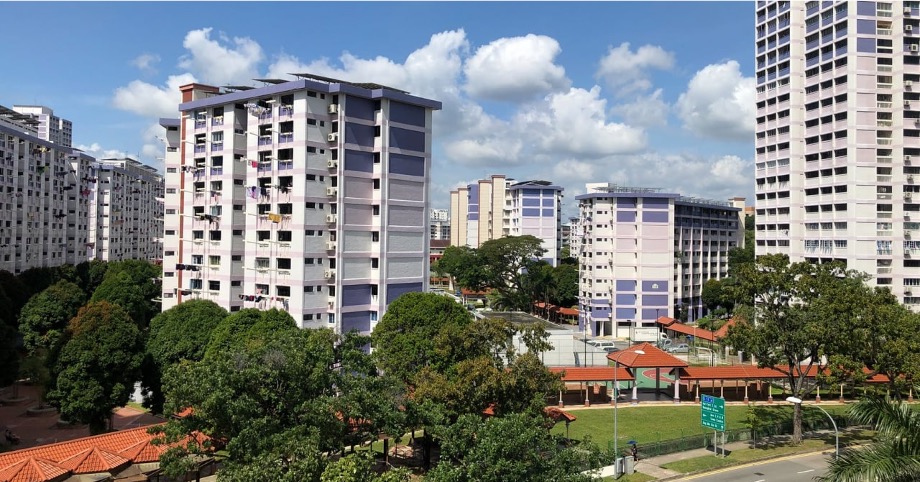Follow us on Telegram for the latest updates: https://t.me/mothershipsg
Home recovery will be the default protocol for more fully vaccinated individuals who test positive for Covid-19, from Sep. 15 onwards.
According to a Ministry of Health (MOH) press release on Sep. 10, this decision comes after the success of the Home Recovery Pilot scheme, and the observation that fully vaccinated individuals mostly show mild or no symptoms, even if they are infected.
Who qualifies for a home recovery?
If you are:
- Fully vaccinated, but test positive for Covid-19.
- Under 50 years old, and have no significant co-morbidities or underlying illnesses.
- Have a suitable setting at home where you can be isolated from the rest of the household.
- The other members of the household must also be fully vaccinated and not belong to vulnerable groups, like the elderly or immunocompromised.
- Not a resident of a dormitory.
Then you will be able to recover at home instead of having to go to a hotel or a care facility.
You'll also be given care packs to monitor symptoms, and have access to 24-hour telemedicine support if you need help, seven days a week.
MOH said that 21 individuals have participated in the pilot scheme since Aug. 30, and the results have been encouraging.
MOH added:
"This is because these individuals are generally well with no or mild symptoms and are able to self-care at home. Once notified of their Covid-19 positive results, these individuals should immediately self-isolate at home."
Important move to protect healthcare system
In the Multi-Ministry Task Force press conference, Health Minister Ong Ye Kung said that moving decisively on home recovery is very important, as it frees up hospital beds for those who need more urgent medical care.
He noted that right now, the large majority of hospitalised patients are there more for observation, and they are eventually discharged with no further complications.
At the same time, by ramping up community care facilities, isolation and ICU beds, Ong said Singapore could soon handle up to 1,000 infections a day, with plans to handle an even greater number of infections.
Ong reiterated during the press conference that as Singapore gradually transits into a Covid-19 resilient nation, Covid-19 cases are expected to rise on a steeper curve.
This is why there is a preparatory phase for more people to get vaccinated, healthcare protocols to be adjusted and more pilot projects to be carried out in view of more socio-economic activities to resume safely.
These changes were also mentioned a month ago when Ong first laid out the broad roadmap of this transition during the MTF press conference on Aug. 10.
Faster discharge for fully vaccinated individuals
MOH noted that evidence shows fully vaccinated people recover more quickly than unvaccinated cases.
Since Sep. 7, MOH has shortened the length of the isolation period for fully vaccinated people who contract Covid-19.
MOH said, "These cases may be discharged as early as seven days into their illness if they have undetectable or very low viral loads, showing that they are non-infectious. Unvaccinated persons will continue to be discharged from 14 days into their illness."
Children may also recover at home
MOH also noted that they have fielded many requests from parents to bring their infected children home to take care of them.
Most of these cases are often well, with little to no symptoms. MOH said:
"We have been careful and admitting children to hospitals to provide them with dedicated medical care. However, we will now allow and encourage parents to bring their infected children home, if they are at least five years old and do not have co morbidities or underlying illnesses.
For these children, they will first be assessed by the hospital to be clinically fit for home recovery, before sending them back home for their recovery journey."
Top photo from Pexels.
Follow and listen to our podcast here
If you like what you read, follow us on Facebook, Instagram, Twitter and Telegram to get the latest updates.
